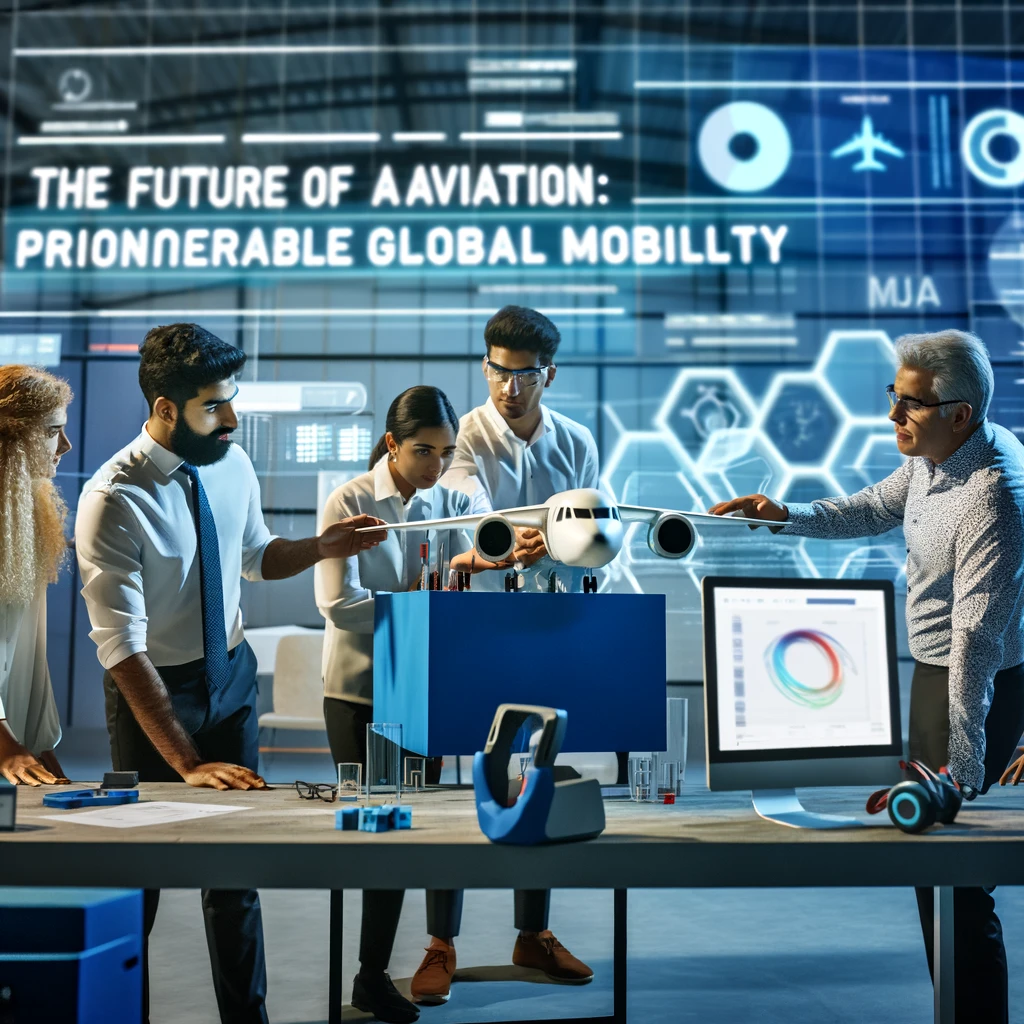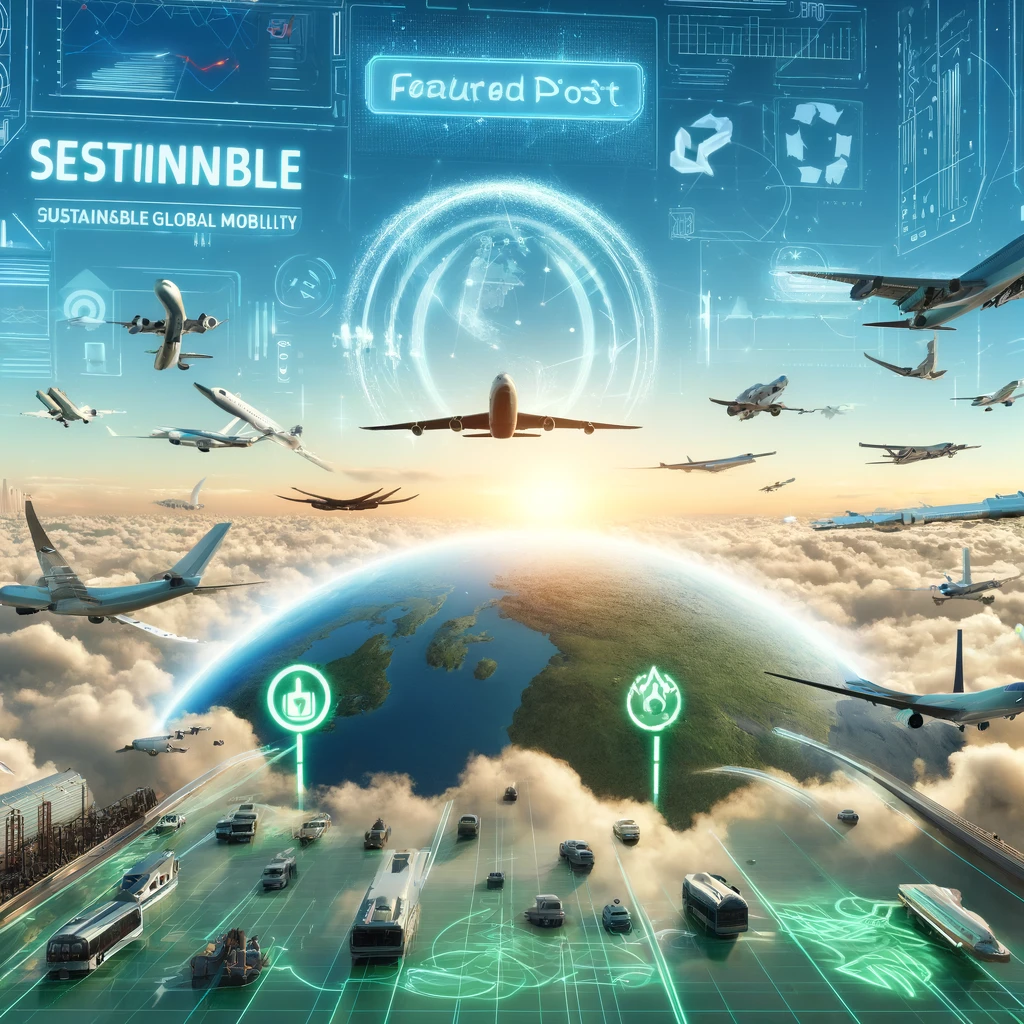The Future of Aviation: Pioneering Sustainable Global Mobility
Introduction: The Evolution of Global Transportation
Aviation– Transportation is indispensable to the global economy, profoundly affecting every aspect of our social and economic lives. It supports crucial social bonds and grants access to vital services such as commerce, employment, healthcare, and education. As the need for faster, more efficient, and interconnected transport systems grows, we face the critical challenge of aligning this demand with sustainable practices. With the United Nations forecasting that two-thirds of the world’s population will live in urban centers by 2050, we must ask: How can we enhance our mobility frameworks to meet and exceed future sustainable expectations?

Aviation’s Role in Comprehensive Mobility Solutions

The Sustainable Mobility for All (SuM4All) initiative by the World Bank is a leap forward in harmonizing global transport sectors. This endeavor strives to develop a unified strategy across various modes of transport to foster a sustainable future. By providing a detailed action plan, SuM4All inspires nations and cities to voluntarily adopt and execute strategies that support an integrated and sustainable transport system.
Integrating Aviation into Sustainable Transport Initiatives
Aviation is pivotal to the SuM4All initiative. It enhances global connectivity and focuses on improving travel efficiencies while emphasizing safety and security. The aviation industry’s commitment to integrating gender equality and sustainable practices plays a vital role in the ongoing discussions about the future of mobility solutions.
Technological Innovations Leading Aviation into the Future
The aviation sector is a hub of technological innovation, where developments like autonomous technology, ultralight materials, and alternative fuels are making significant strides. These advancements foster new business models and are set to transform the mobility landscape, making air travel more sustainable and efficient. Innovations such as unmanned aircraft systems, artificial intelligence, biometrics, and blockchain are revolutionizing travel dynamics and enhancing security measures.
Addressing Global Challenges with Collaborative Solutions
The World Economic Forum emphasizes that deploying these innovations effectively requires coordinated efforts to optimize the entire transport system. Challenges such as congestion management and the integration of public and private transport efforts need robust, seamless, and efficient solutions. The aviation industry’s proactive engagement in continuous innovation and collaboration is vital for shaping a sustainable future in global mobility.
Future Projections and the Path Forward

Over the past century, the aviation industry has evolved from the early days of flight to become a fundamental part of global transportation. With air traffic expected to double in the next two decades, the industry must devise innovative solutions to handle the increasing volumes of passengers and cargo sustainably.
Conclusion: Aviation as a Catalyst for Sustainable Development
The future of aviation is not just about transport; it’s about enabling global business and achieving the United Nations Sustainable Development Goals. As we look towards a future marked by heightened air traffic and technological advancements, the aviation industry’s role in fostering sustainable development becomes increasingly crucial.
